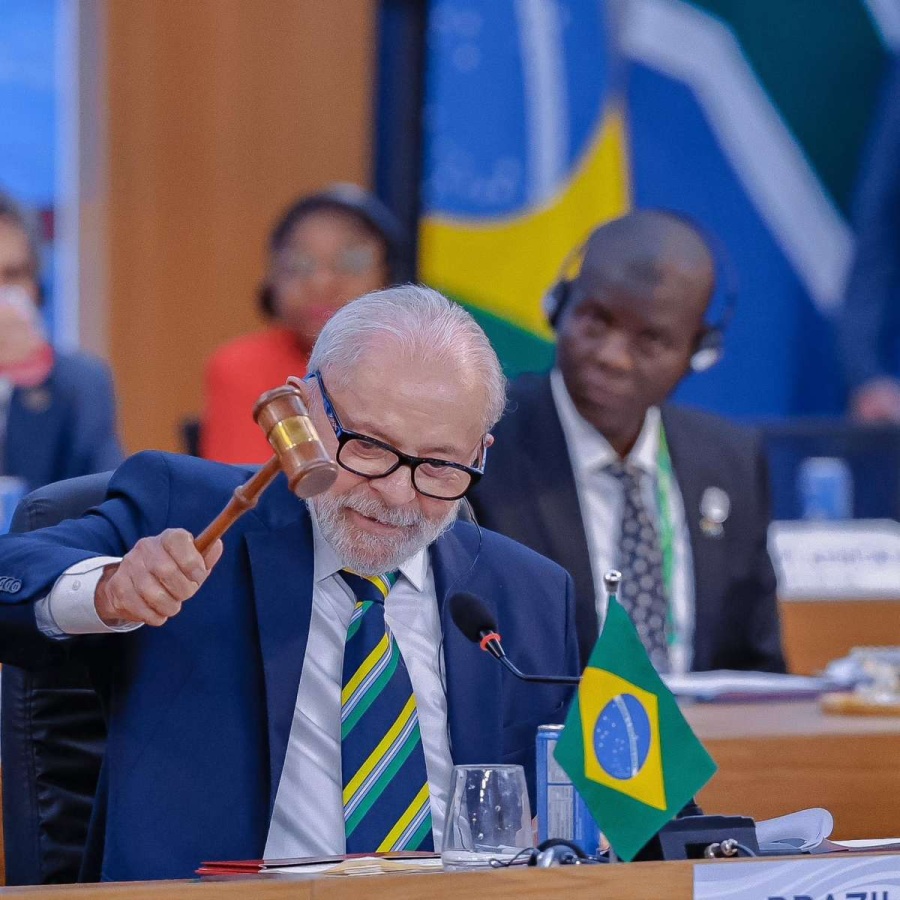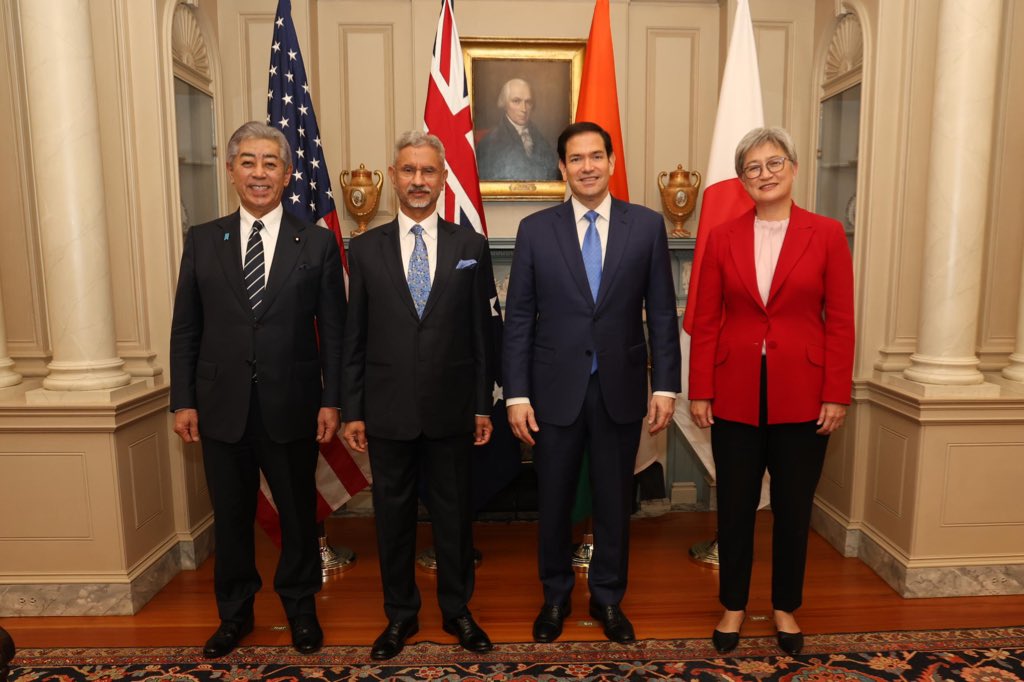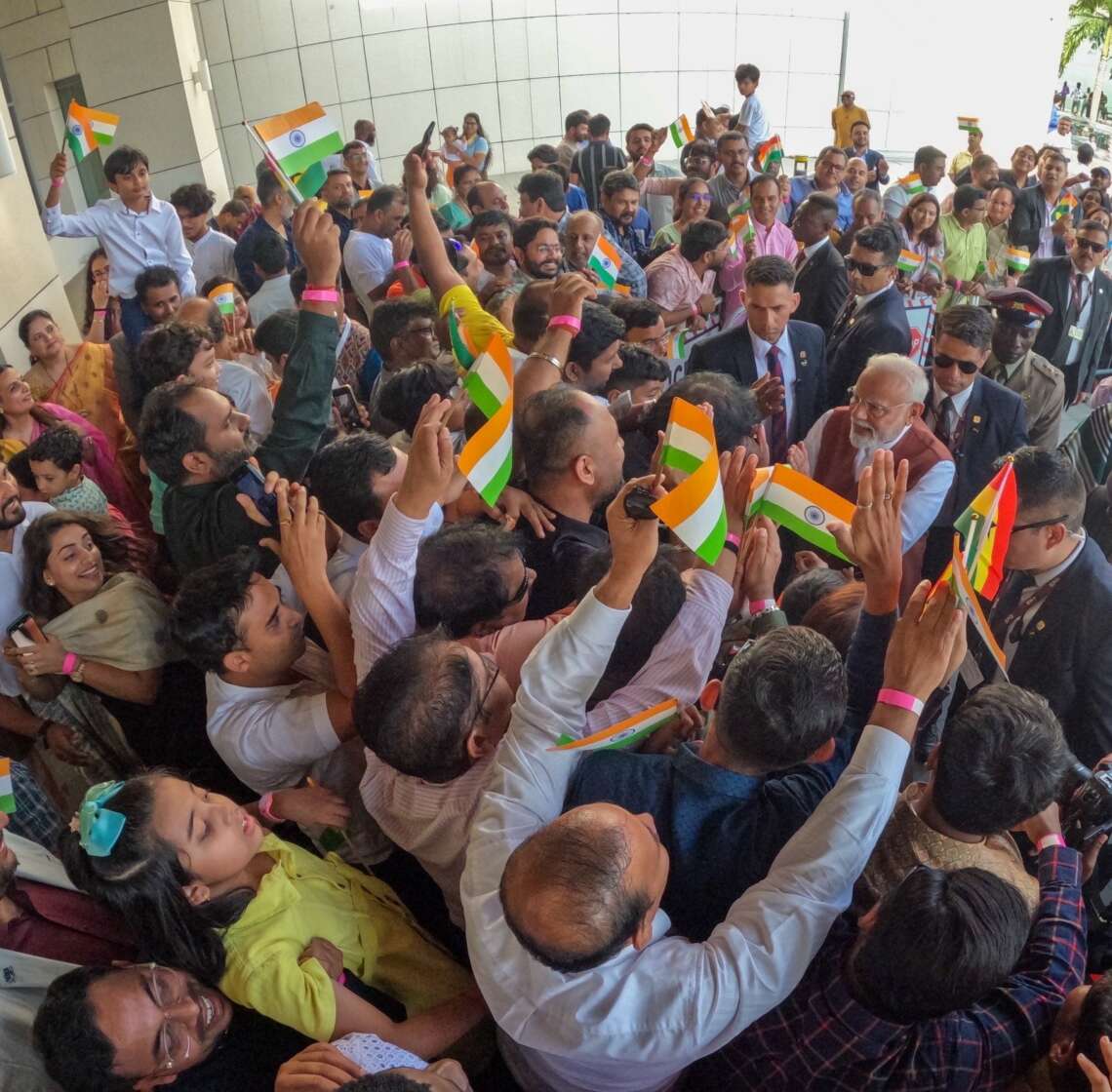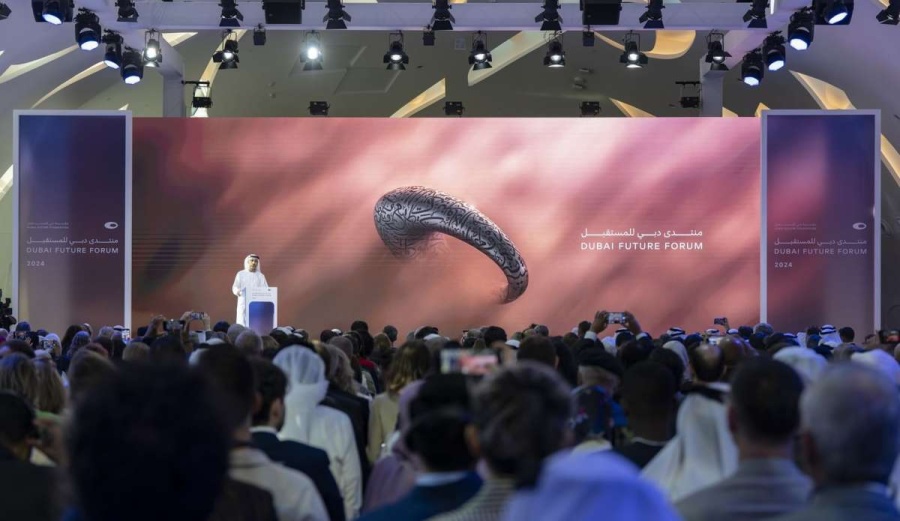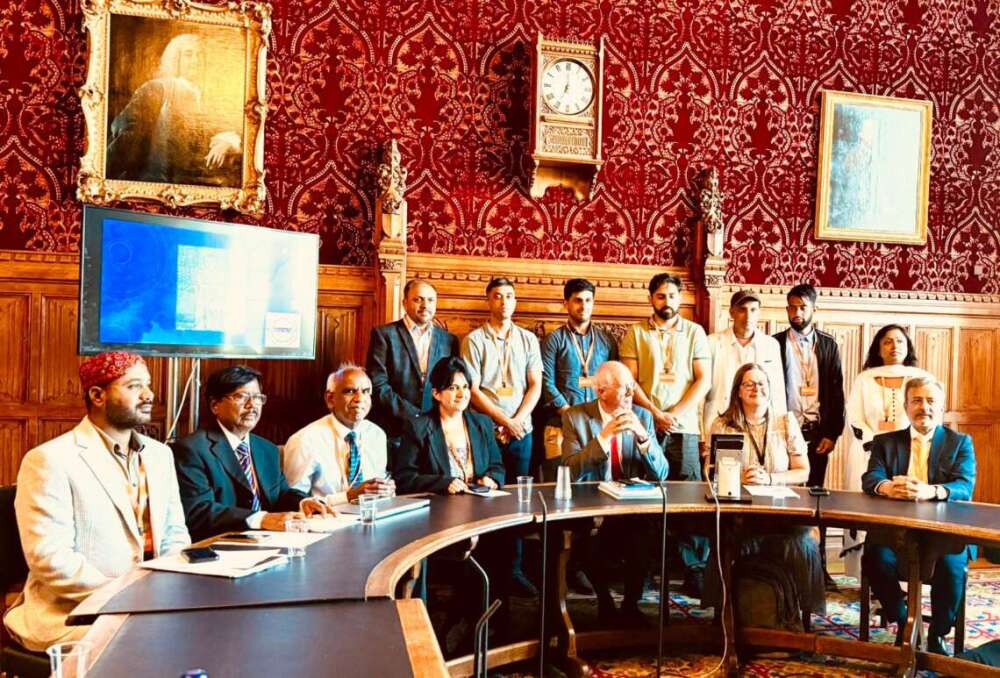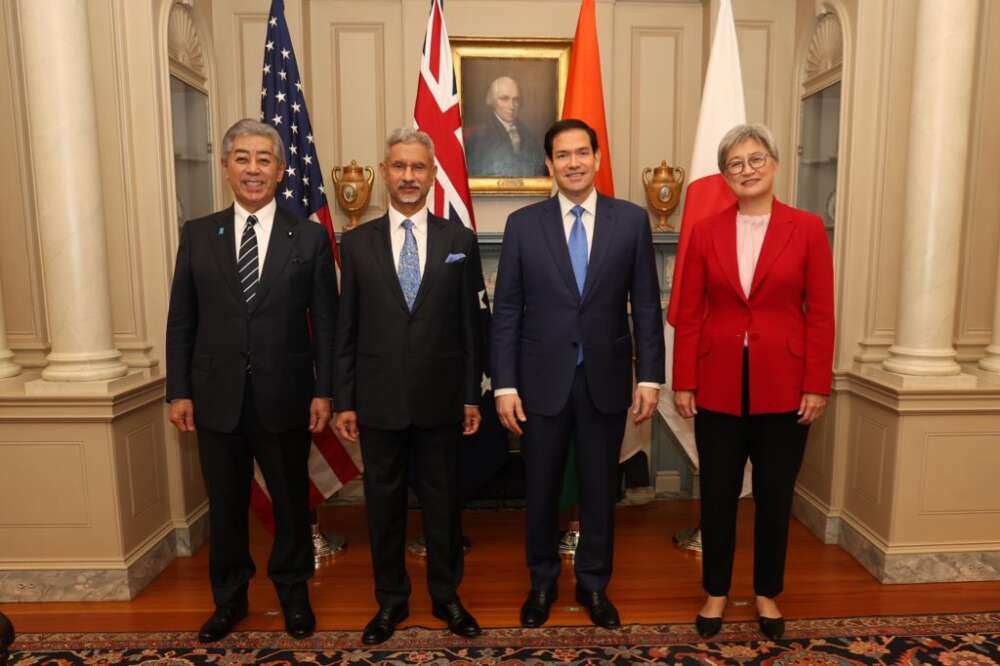Brazil’s decision, as a significant BRICS member, highlights growing apprehensions about China’s expanding influence through the BRI globally…reports Asian Lite News
Before Chinese President Xi Jinping’s visit to Brazil on November 20, the Brazilian government has abandoned China’s Belt and Road Initiative (BRI). Brazil is now the second BRICS nation to reject this multi-billion dollar project, following India.
Back in December 2023, Italy, the sole G7 country to join the BRI, also withdrew from this extensive infrastructure scheme. Brazil’s decision, as a significant BRICS member, highlights growing apprehensions about China’s expanding influence through the BRI globally.
Under President Lula da Silva, Brazil aims to enhance its relationship with China while avoiding formal commitments to the BRI. Brazilian officials are seeking Chinese investments without formally joining the BRI, reflecting a desire for strategic autonomy. Celso Amorim, Brazil’s special presidential adviser for international affairs, told O Globo that Brazil wants to “elevate its relationship with China to a new level without signing an accession contract.”
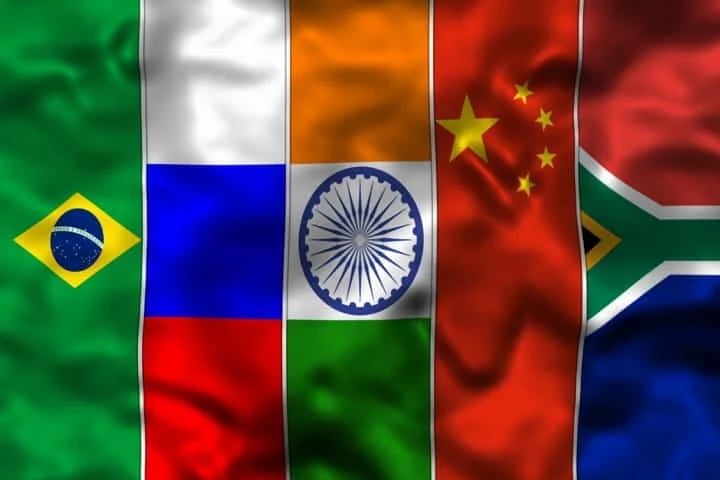
Amorim clarified that Brazil does not see Chinese trade and infrastructure projects as “an insurance policy,” stating, “We are not entering into a treaty.” He explained that Brazil has identified priority projects that may not align with Chinese interests, emphasizing the importance of Brazil’s own priorities.
In an intriguing turn of events, Brazilian officials, including Celso Amorim and President Lula da Silva’s chief of staff, Rui Costa, visited Beijing last year to explore the BRI. However, they came back unconvinced by China’s proposals, pointing to the increasing hurdles and evolving views on the initiative’s long-term benefits among partner nations. Both Brazil’s Ministries of Foreign Affairs and Economy have voiced doubts about the BRI’s practical advantages, casting uncertainty on its strategic importance for Brazil’s national interests.
Like India, Brazil aims to stay out of the superpower rivalry and keep its strategic autonomy. Concerns are growing that joining the BRI could strain future U.S. relations, especially if Donald Trump returns to power. Trump’s past opposition to China heightens the stakes for BRI participants. Given these shifting geopolitical dynamics, Brazil is focusing on its infrastructure projects and seeking flexible partnerships with Chinese investors that align with its development goals, avoiding entanglements that could threaten its autonomy.
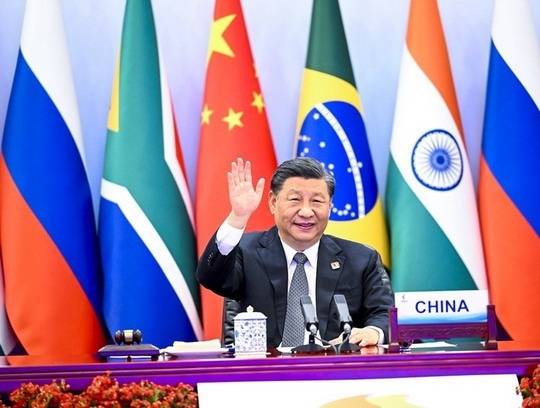
Brazil, the world’s eighth-largest economy, has the US as its second-largest trading partner. In 2023, trade with the US reached $74.8 billion, with exports at $37.9 billion (down 26% from 2022) and imports at $36.9 billion (down 2%). US exports to Brazil made up 2.3% of total US exports, while imports from Brazil accounted for 1.2%. In May 2024, Brazil and the US agreed to boost trade and investment.
China, Brazil’s largest trading partner for 14 years, saw bilateral trade hit $181.53 billion in 2023, up 6.1% year-on-year. China’s exports to Brazil were $59.11 billion (down 4.3%), while imports from Brazil rose to $122.42 billion (up 11.9%).
BRICS, originally comprising Brazil, Russia, India, China, and South Africa, later welcomed Egypt, Ethiopia, Iran, and the UAE. The coalition addresses political, economic, and cultural issues. China, contributing 70% of BRICS’ GDP, leads economically but the BRI remains its independent venture. This doesn’t affect BRICS+ unity, as members engage China while safeguarding national interests. Brazil exemplifies this by maintaining a strategic stance, focusing on economic growth and diversifying partnerships to uphold its foreign policy independence.
The Belt and Road Initiative (BRI), launched in 2013, is a massive infrastructure project often seen as Xi Jinping’s hallmark effort. It aims to connect Asia, Europe, and Africa through an extensive network of railways, highways, ports, and airports, reviving the ancient Silk Road. Spanning over 150 countries, including 22 in Latin America, the BRI seeks to boost global trade and investment.
However, unmet promises, environmental concerns, and China’s lending practices have raised doubts, with many nations reconsidering their involvement due to potential debt traps.
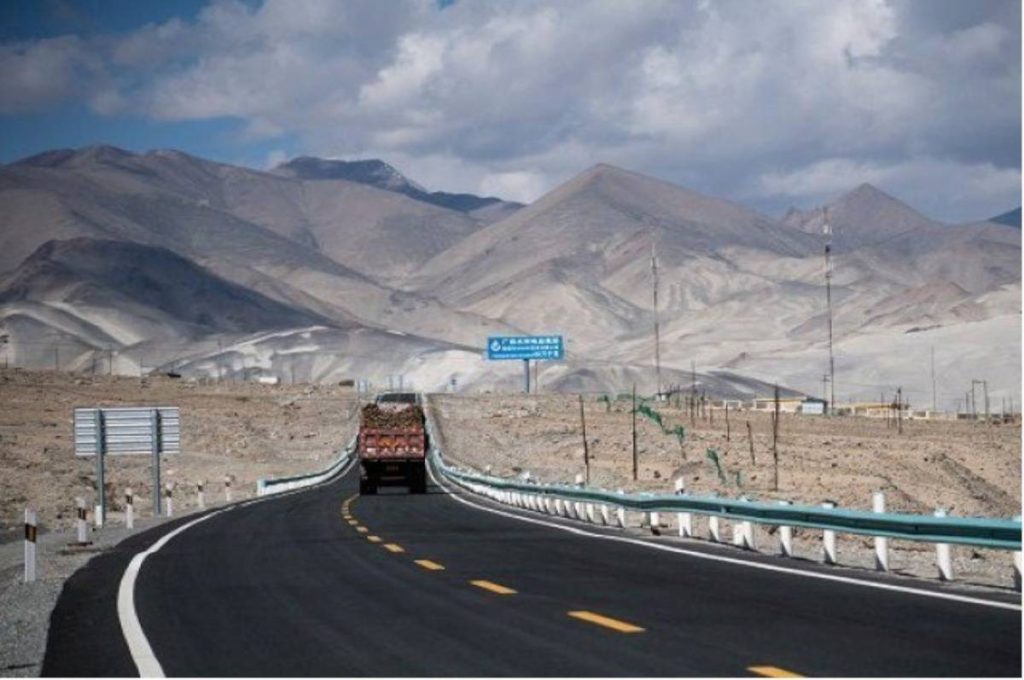
India’s BRICS involvement balances its ties with Western-led and Global South platforms. This strategy strengthens its U.S. relations while engaging with Russia and China. India, the first to express BRI reservations, consistently opposes the initiative, citing an unequal playing field for its businesses and has refused to join the BRI.
Tense Indo-China relations, marred by trade imbalances and border disputes, have deepened India’s negative view of the BRI. India opposes the initiative, particularly due to the China-Pakistan Economic Corridor (CPEC) passing through Pakistan-occupied Kashmir (PoK), seen as infringing on its territorial integrity.
India also perceives the BRI as a form of Chinese neo-colonialism, entrapping smaller nations in debt, damaging ecosystems, and disrupting communities. The controversial 99-year lease of Sri Lanka’s Hambantota Port highlights such financial crises, raising concerns about sovereignty and Chinese influence.
Brazil and India’s shift away from the BRI underscores the mounting unease over China’s global infrastructure ambitions. India has been vocal in its criticism, pushing for international norms, governance, and transparency. The BRI is often seen as China using its advantages to build political ties. Acknowledging this, Brazil’s move mirrors India’s stance, marking a strategic decision to assert its geopolitical interests while managing global partnerships.( The article was published in DIRECTUS)
ALSO READ: G20 Brazil: Sheikh Khaled meets Lula
ALSO READ: Taiwan opposes Singapore’s stance on One-China policy


